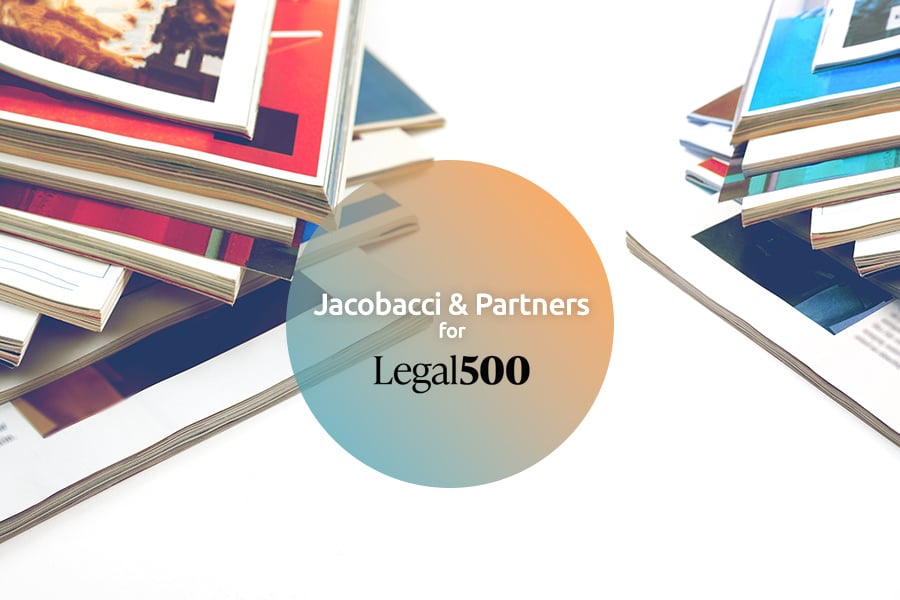Due diligence is conducted in several regulatory fields. With regard to intellectual property, and with specific reference to trademarks, due diligence is conducted to assess and verify the ownership and rights connected to the trademark assets of a company in the scope of extraordinary business operations (e.g. sales, acquisition of branches, mergers, requests for public financing or funds from banks or investors) or in ordinary operations (e.g. purchase of an industrial property right, licenses on IP rights).
An economic assessment of a trademark portfolio is opportune (if not necessary) in order to calculate the value of the company’s intellectual property, which can be used for many different scopes (including, for example, using IP rights as a guarantee for the disbursement of funds by credit institutions).
The objective of due diligence is to identify any critical issues that may affect the validity, ownership and maintenance of the trademark portfolio. For example, this type of research is necessary for knowing with certainty, to confirm use of a de facto trademark (one that has not been registered) or an expired trademark, whether there exist distinctive trademarks that could conflict with the trademark in question and whether there are any disputes relating to the client’s trademarks. Due diligence is also a tool a buyer can use (and in Italy, it is the only tool available to the buyer), within its rights, to request additional and specific guarantees from the seller.
Economic assessments are necessary to meet fiscal, financial or even merely internal needs regarding a client’s own brand portfolio: a method for assigning value to the IP, a true corporate asset. At Jacobacci & Partners we also offer support in the context of financial transactions aimed at obtaining access to lines of credit guaranteed by intellectual property rights portfolios, such as a pledge or sale and leaseback transactions.
Not conducting due diligence or economic assessments means not only having limited knowledge of a corporate asset but also risking not being aware of or taking advantage of the rights of buyers in respect of sellers of the brands.


